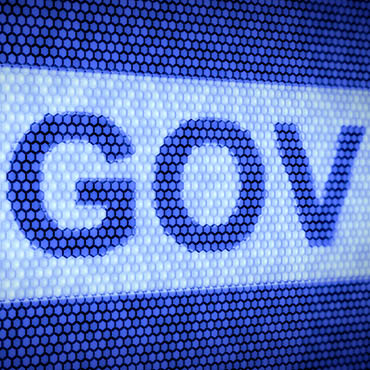Americans don't trust – or like, or use – most digital government resources
Even tech-obsessed millennials prefer to interact with the government via more traditional means, says a new report from Forrester Research.

WHAT: "Washington Must Work Harder to Spur the Public's Interest in Digital Government," from the tech advisory firm Forrester Research.
WHY: From web services to Instagram accounts, federal agencies have aggressively expanded their online offerings -- but most Americans aren't using them and aren't clamoring for more. In a survey of more than 4,000 adults, Forrester found that roughly one-third of Americans use the mail, the phone or in-person meetings to interact with the government. More than 40 percent used government websites. But apart from that, digital service use was "paltry." The report found hundreds of federal social media accounts with virtually no followers and many government apps being barely used.
While a plurality of respondents agreed that the federal government should offer more digital services, many said they didn't trust the government with personal information or just didn't see the value of many digital services. Even tech-obsessed millennials prefer to interact with the government through old-fashioned means, the survey revealed.
Quality, not quantity, should guide future federal digital expansion, the report advised. Kill the unwanted social media accounts, improve the functionality of existing digital services and explore building a "true federal web portal" – something more than half of Americans, overwhelmed by the number of federal websites, say they want.
VERBATIM: "Only 41% of online adults agree that the federal government should focus on offering more digital services. We found the public's interest similarly paltry in location-based mobile services and digital IDs. Just 30% of online adults with a cell phone or tablet are interested in federal mobile apps that tailor safety alerts and other government information to the user's location, and only about 40% of online customers are interested in either a digital Social Security card or a single-sign-on credential for federal websites."
You can purchase the full report here.





